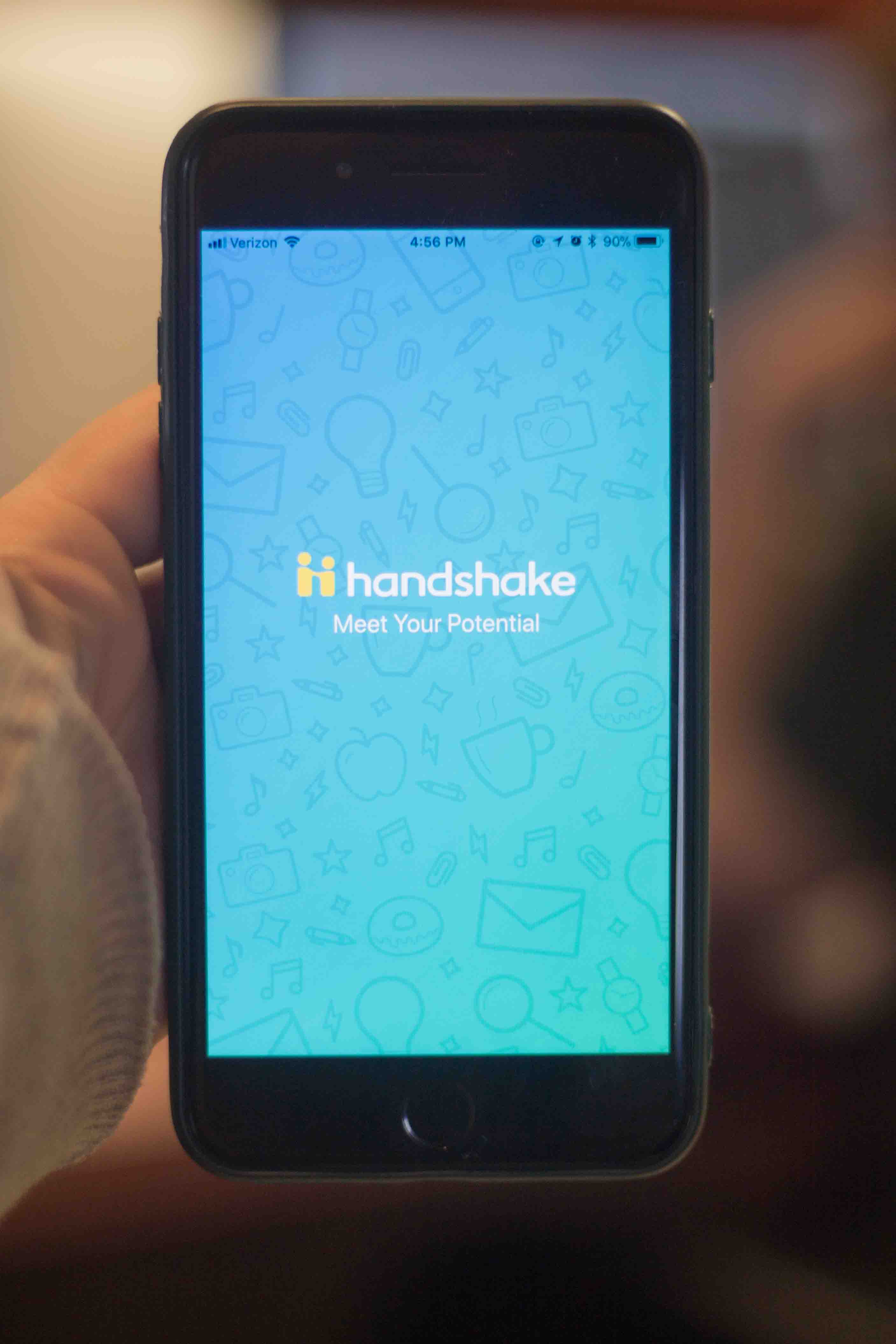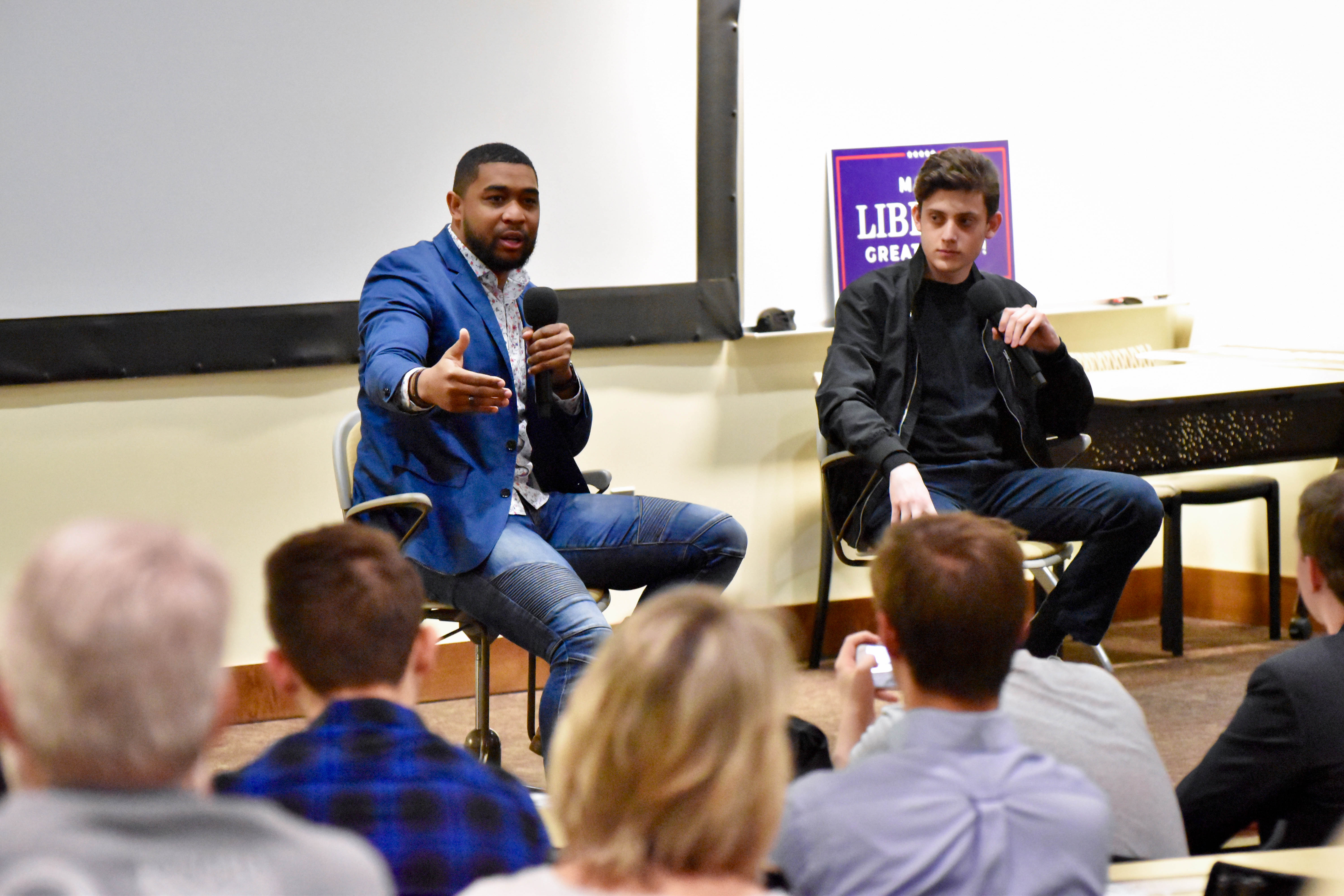The Building Opportunities in Out-of-School Time (BOOST) Grant program awarded $332,449 to two Kennesaw State programs in December, aiming to close COVID-19 era learning gaps among elementary-aged children.
According to KSU’s website, these two initiatives, theAcademy for Language and LiteracyandChildren and Family Programs joined forces to combat COVID-19 learning gaps through their new program, “Wellbeing-Reading-Inclusion-Trauma-Engagement,” or WRITE.
Sanjuana Rodriguez is an assistant professor of Reading and Literacy Education at KSU, a co-head of the Academy for Language and Literacy, and one of the minds behind WRITE. She explains that the BOOST grant will allow student teachers to help students whose educations have been negatively impacted by the COVID-19 pandemic, supporting crucial after-school programs.
“This will also allow us to grow our summer program [Fast Start Academy] at KSU to serve close to 100 students,” Rodriguez said. “We have had this program at KSU for many years, but this grant allows us to grow the number of students that we can serve.”
According to the Georgia Statewide Afterschool Network’s website, “The BOOST grants program will offer three-year grants, renewed annually, to community-based organizations that operate comprehensive out-of-school time (OST) programming year-round, over the summer months or after school during the academic year. The goal is to provide evidence-based after school and summer enrichment programming that supports students in learning skills and concepts and provide whole child supports, thus removing non-academic barriers to learning for students most impacted by the COVID-19 pandemic.”
Through the efforts of KSU’s student teachers, the grant money will positively impact local elementary students. Optional summer education will be offered as an opportunity for some of these students to catch up on what they missed during the COVID-19 pandemic.
“We are also partnering with Marietta City Schools for the summer program,” Rodriguez said. “They will provide buses for elementary students to come to campus and be a part of a summer program.”
According to Rodriguez, this grant will allow KSU student teachers to go beyond simply filling in learning gaps caused by the COVID-19 pandemic. It may allow them to address some other serious effects on children.
According to UNICEF’s website, “…at least 1 in 7 children has been directly affected by lockdowns, while more than 1.6 billion children have suffered some loss of education.” These interruptions are impacting children’s mental health.
“Part of this grant will also allow us to address the mental health of students,” Rodriguez said. “We know that current research indicates that mental health is more of a concern due to the pandemic.”


